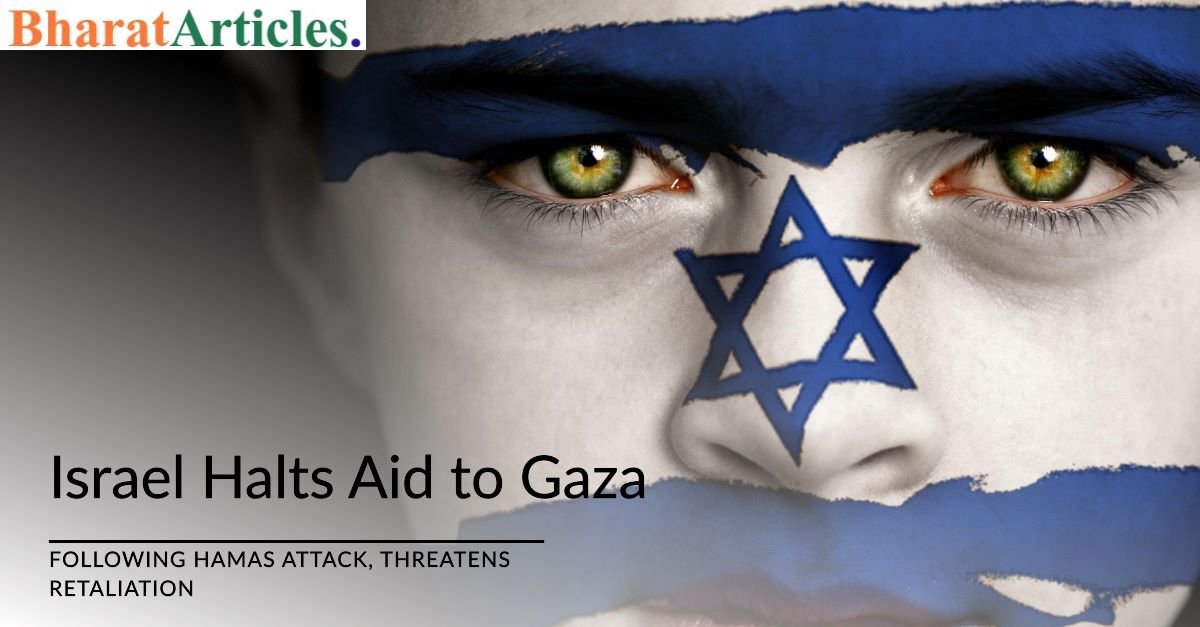Israel Halts Aid to Gaza Following Hamas Attack, Threatens Retaliation
In response to an attack by Hamas militants, Israel has taken decisive action, closing its primary crossing point for delivering essential humanitarian aid to Gaza. The move, announced on Sunday, comes amidst escalating tensions in the region, with the Israeli defense minister warning of an imminent large-scale operation in Rafah and other areas across Gaza.
The closure of the main aid route deals a severe blow to ongoing cease-fire discussions in Cairo, which have been mediated by Qatar and Egypt. Defense Minister Yoav Gallant asserted that Hamas’s lack of seriousness about a cease-fire agreement has become increasingly apparent. Prime Minister Benjamin Netanyahu, facing pressure from hardliners within his cabinet, has downplayed the prospects of a cease-fire, labeling Hamas’s demands as “extreme,” including the evacuation of Israeli forces from Gaza.
Hamas’s response to Gallant’s remarks was not immediate. However, Ismail Haniyeh, the chairman of Hamas, has previously emphasized that halting Israeli aggression in Gaza is the group’s top priority, expressing optimism about the negotiation process.
Despite efforts to reach a diplomatic resolution, Israel remains committed to its military campaign in Rafah, where a significant portion of Gaza’s population seeks refuge. The closure of the Kerem Shalom crossing, another vital entry point, follows a rocket attack on southern Israel. Israel’s military claims to have targeted the source of the attack, attributing it to Hamas militants.
The closure of aid routes exacerbates the already dire humanitarian situation in Gaza. The head of the U.N. World Food Program has warned of a “full-blown famine” in the severely damaged northern Gaza, emphasizing the urgent need for assistance.
Amidst the humanitarian crisis, cease-fire negotiations face additional challenges. The proposal presented by Egyptian mediators to Hamas outlines a three-step process, including an immediate six-week cease-fire, the partial return of Israeli hostages abducted in the October 7 attack, and an Israeli withdrawal. The hostage situation, with approximately 100 individuals still held by extremists, adds pressure on Netanyahu to seek a resolution to the conflict.
Both sides have suffered significant casualties during the conflict, with Palestinian health officials reporting thousands killed. Israel accuses Hamas of using civilian spaces to launch attacks, while the Israeli military claims to have targeted thousands of militants.
In a separate development, Netanyahu’s Cabinet has approved the shutdown of Qatar’s Al Jazeera news channel, alleging incitement against Israel. This decision raises concerns about its potential impact on cease-fire negotiations and further complicates efforts to achieve a lasting peace in the region.
